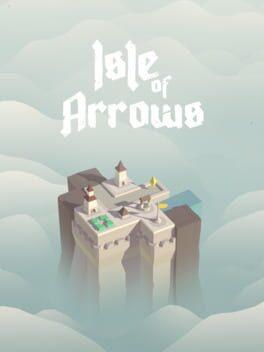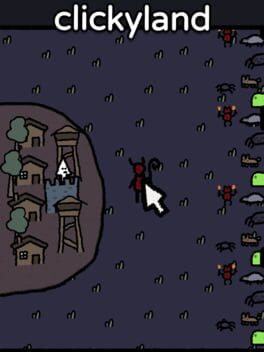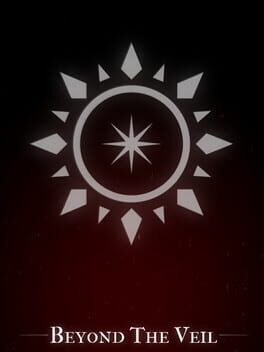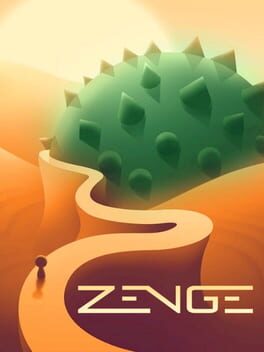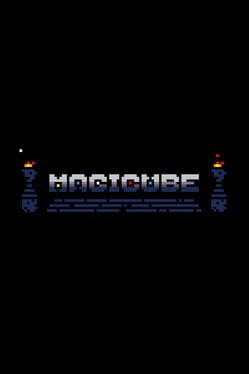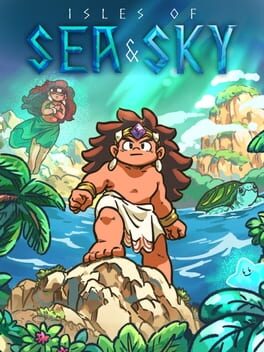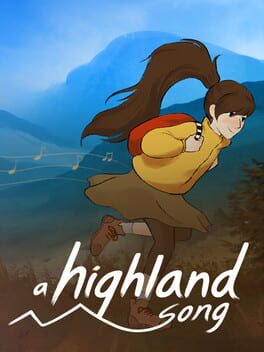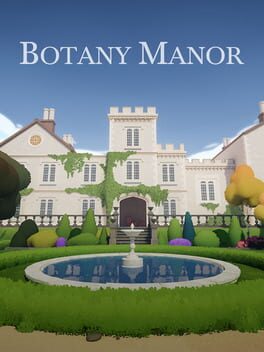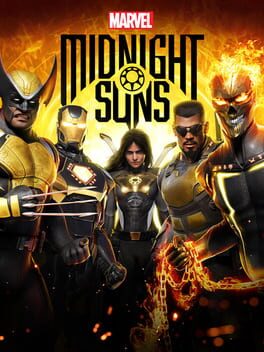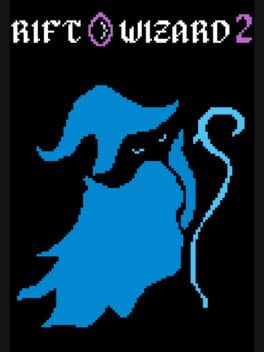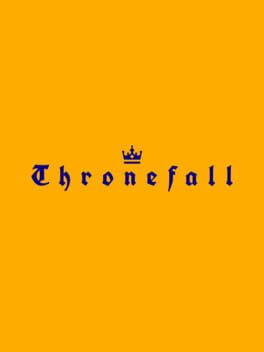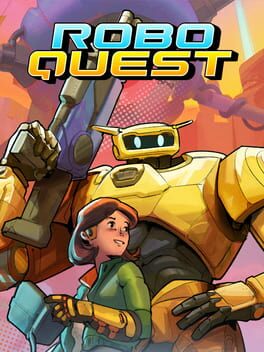NeutronRock
2022
Isles of Arrows is a solid mobile tower-defence game, with the gimmick that new paths or towers that you can build each turn are decided in advance and you have to adapt to what new item is available wave by wave.
It's good, but it's not great. The gameplay feels very stiff. It feels like it rarely matters where you put a new item because it seems to have almost no impact on your survival. Another resource generator? Err, I guess it will go there and that's.. probably fine. An awkward path shape? Err, I guess I'll extend the path but without any more turrets that doesn't do a lot.
Watching your defences grow and then having the satisfaction of watching them wipe out enemy waves is the core of the tower defence genre, and Isle Of Arrows' twist on the mechanic eliminates a good chunk of that.
It's good, but it's not great. The gameplay feels very stiff. It feels like it rarely matters where you put a new item because it seems to have almost no impact on your survival. Another resource generator? Err, I guess it will go there and that's.. probably fine. An awkward path shape? Err, I guess I'll extend the path but without any more turrets that doesn't do a lot.
Watching your defences grow and then having the satisfaction of watching them wipe out enemy waves is the core of the tower defence genre, and Isle Of Arrows' twist on the mechanic eliminates a good chunk of that.
2024
Another Sokpop mini-management game. A small, roguelite civilisation builder where clicks are your main resource. Balance turret defence and resource generation, semi-automate your production with factories and management buildings, explore and expand, and try to survive for 100 days.
Like most of these small Sokpop titles, Clickyland isn't a game you'll play for dozens of hours. It has one small but neat idea, and the fun of the game is figuring out the puzzle - what's the best way to keep your civilisation ahead of the enemy hoards, what sort of buildings and turrets make sense, when should I be exploring etc. It's engaging enough and motivating enough for a couple of hours of play, at which point you can put Clickyland down - satisfied with victory.. likely to never be played again.
It's good, it's not excellent, but it's what you get from Sokpop: something new and fun to enjoy for a short time.
Like most of these small Sokpop titles, Clickyland isn't a game you'll play for dozens of hours. It has one small but neat idea, and the fun of the game is figuring out the puzzle - what's the best way to keep your civilisation ahead of the enemy hoards, what sort of buildings and turrets make sense, when should I be exploring etc. It's engaging enough and motivating enough for a couple of hours of play, at which point you can put Clickyland down - satisfied with victory.. likely to never be played again.
It's good, it's not excellent, but it's what you get from Sokpop: something new and fun to enjoy for a short time.
2019
Looked really interesting, felt very mysterious - falls apart pretty quickly. Beyond the Veil needed a bit of ruthless cutting to give the game some focus - is it primarily artistic and atmospheric, is it a top down shooter, does it need survival elements? The game gets itself lost early on, and you're almost inevitably going to walk into a softlock. It was interesting, but simply felt incomplete.
2016
2023
Magicube seems far too simple to be anywhere near as interesting, difficult and clever as it's ended up being.
You can push blocks, you can jump on a single block, and you can conjure a single magic block that acts like any other. The aim is to place a magic block on the level's target. That's it. It should not be as hard as it is.
You can push blocks, you can jump on a single block, and you can conjure a single magic block that acts like any other. The aim is to place a magic block on the level's target. That's it. It should not be as hard as it is.
2024
Isles of Sea and Sky is a retro, Zelda-inspired adventure game where instead of fighting monsters.. you solve Sokoban puzzles. It's a fantastic combination. A genre that makes you want to explore - and a gameplay mechanic that is entirely about figuring out how. This is combined with metroidvania style elements where new "powers" change existing puzzle rooms and encourages non-linear exploration. IOSAS also fills its world with clever hidden secrets that add a second layer to the puzzle solving and feel fantastic to uncover.
This is a real gem of a game.
This is a real gem of a game.
2010
2023
A Highland Song is charming in that classic Inkle style - it's a small, personal story told non-linearly in a visually interesting world. Climb hills, find strange objects, read some maps, talk to strangers, and make it to your destination.. days too late. Until you go again and see the different way your story unfolds.
The downside to A Highland Song is that the other gameplay mechanics - the climbing/platforming, and autoscroller rhythm game - aren't particularly engaging. The climbing is a bit slow and tedious, in a world that's so easy to get lost in because of the visual similarity of the overlapping layers of hills - while the rhythm minigame feels a bit light and lacks any real sensation to nailing an action on the beat.
It's an interesting game - it's Inkle, of course it is - but not one that I felt compelled to play more of.
The downside to A Highland Song is that the other gameplay mechanics - the climbing/platforming, and autoscroller rhythm game - aren't particularly engaging. The climbing is a bit slow and tedious, in a world that's so easy to get lost in because of the visual similarity of the overlapping layers of hills - while the rhythm minigame feels a bit light and lacks any real sensation to nailing an action on the beat.
It's an interesting game - it's Inkle, of course it is - but not one that I felt compelled to play more of.
2024
Botany Manor is a neat contextual puzzle solving detective game about figuring out the conditions needed to grow strange and slightly magical plants. Explore the manor, find clues and items - and pick out the important details that will teach you how your plants need to grow.
The puzzles are neat and satisfying, not overly complicated, and Botany Manor is good fun for it's 3-4 hour duration.
The only downside is that Botany Manor is simply not as polished as some other titles in this "genre" (Chants of Sennaar, Return of the Obra Dinn, The Case of the Golden Idol etc.) and feels slightly weak in that regard. It's also more expensive than those other games. It's not the first game I'd recommend in this niche, but I'm glad it exists.
The puzzles are neat and satisfying, not overly complicated, and Botany Manor is good fun for it's 3-4 hour duration.
The only downside is that Botany Manor is simply not as polished as some other titles in this "genre" (Chants of Sennaar, Return of the Obra Dinn, The Case of the Golden Idol etc.) and feels slightly weak in that regard. It's also more expensive than those other games. It's not the first game I'd recommend in this niche, but I'm glad it exists.
The main gameplay of Midnight Suns is its card-driven, turn based combat - and that aspect of the game is enjoyable. It's not exceptional, and indie titles have pulled off smarter, more engaging systems years before (see: Fights in Tight Spaces) - but the combat of Midnight Suns is fun nevertheless.
The fights unfortunately are few and far between, especially in the opening hours of the game where - instead of attracting you with its best feature - Midnight Suns actively tries to push you away with some of the most tedious life-sim side quests imaginable.
The frequent fetch and "run to marker" quests are tedious, the characters aren't overly interesting, the classic AAA item collection and crafting is as poorly implemented as always - and unfortunately the interesting and buoyant design of the main mechanic isn't enough to keep this ship from sinking.
The fights unfortunately are few and far between, especially in the opening hours of the game where - instead of attracting you with its best feature - Midnight Suns actively tries to push you away with some of the most tedious life-sim side quests imaginable.
The frequent fetch and "run to marker" quests are tedious, the characters aren't overly interesting, the classic AAA item collection and crafting is as poorly implemented as always - and unfortunately the interesting and buoyant design of the main mechanic isn't enough to keep this ship from sinking.
2024
I'm just going to give Rift Wizard 2 it's high rating now. I've only played about an hour and I haven't even beaten a single run of this game yet - but everything that was amazing about Rift Wizard 1 in the depth and combinations of skills is there, with some new methods of progression that add to the replayability and variation between runs.
It maybe loses a star on the original because what it gains in randomness and replayability, it loses in that pure, theorycrafting brilliance of the original - and that genius scope for theorycrafting is what made RW1 such an astoundingly good game.
Still Early Access, but just such a strong concept.
It maybe loses a star on the original because what it gains in randomness and replayability, it loses in that pure, theorycrafting brilliance of the original - and that genius scope for theorycrafting is what made RW1 such an astoundingly good game.
Still Early Access, but just such a strong concept.
2023
EARLY ACCESS REVIEW: Thronefall is a really neat, pocket-sized kingdom builder/tower defence game. There's a minimalism and simplicity to Thronefall that makes it really fast and snappy to play, but each wave of enemies on each of the game's miniature kingdoms still feels clever and tactical. Thronefall has all the classic decisions of the genre: balancing resources and defence, what army composition to build, and where to focus defences - but it has these decisions in a more limited decision-space that forces compromises and strategic decisions. It also looks really good, I'm a big fan of the visual style.
This is already worth playing in early access, and I can only imagine it will be at least this good still when the full release comes around.
This is already worth playing in early access, and I can only imagine it will be at least this good still when the full release comes around.
2022
I always thought Sudokus were rather boring puzzles - but it turns out I was just playing the wrong types of Sudoku.
The typical logic of conflicting digits in rows and columns lacked a spark that could get my brain firing, but throw in some extra rules and all of sudden conflicting sequences, variances, sums etc. add an entire new dimension to a classic puzzle.
The game has paywalled content, but the free puzzles will last you 20 hours - and if you enjoy all of that the paid content looks quite reasonably priced.
The typical logic of conflicting digits in rows and columns lacked a spark that could get my brain firing, but throw in some extra rules and all of sudden conflicting sequences, variances, sums etc. add an entire new dimension to a classic puzzle.
The game has paywalled content, but the free puzzles will last you 20 hours - and if you enjoy all of that the paid content looks quite reasonably priced.
2020
Roboquest does a great job of being fun - even though its execution of a roguelike, first-person, canyon shooter isn't maybe quite as good as you'd want it to be.
Jumping into a new run and firing away at dozens of little robots with a new type of gun each round is entertaining and the whole vibe of the game has a really playful feel. I love the concept and I think the visual style is great, the downside for me was that the upgrades felt a little slow to get going and runs didn't start to feel unique very quickly - which is what this sort of game needs to stay fresh!
Jumping into a new run and firing away at dozens of little robots with a new type of gun each round is entertaining and the whole vibe of the game has a really playful feel. I love the concept and I think the visual style is great, the downside for me was that the upgrades felt a little slow to get going and runs didn't start to feel unique very quickly - which is what this sort of game needs to stay fresh!
2024
Sokobond and Cosmic Express are my least favourite Draknek published puzzle games, and they've combined to produce a game that - while interesting - also languishes at the bottom of that pile.
I think there's something about tracing out a line on a screen rather than physically controlling a thing in an environment that just doesn't jive with me in a puzzle game.
I think there's something about tracing out a line on a screen rather than physically controlling a thing in an environment that just doesn't jive with me in a puzzle game.
